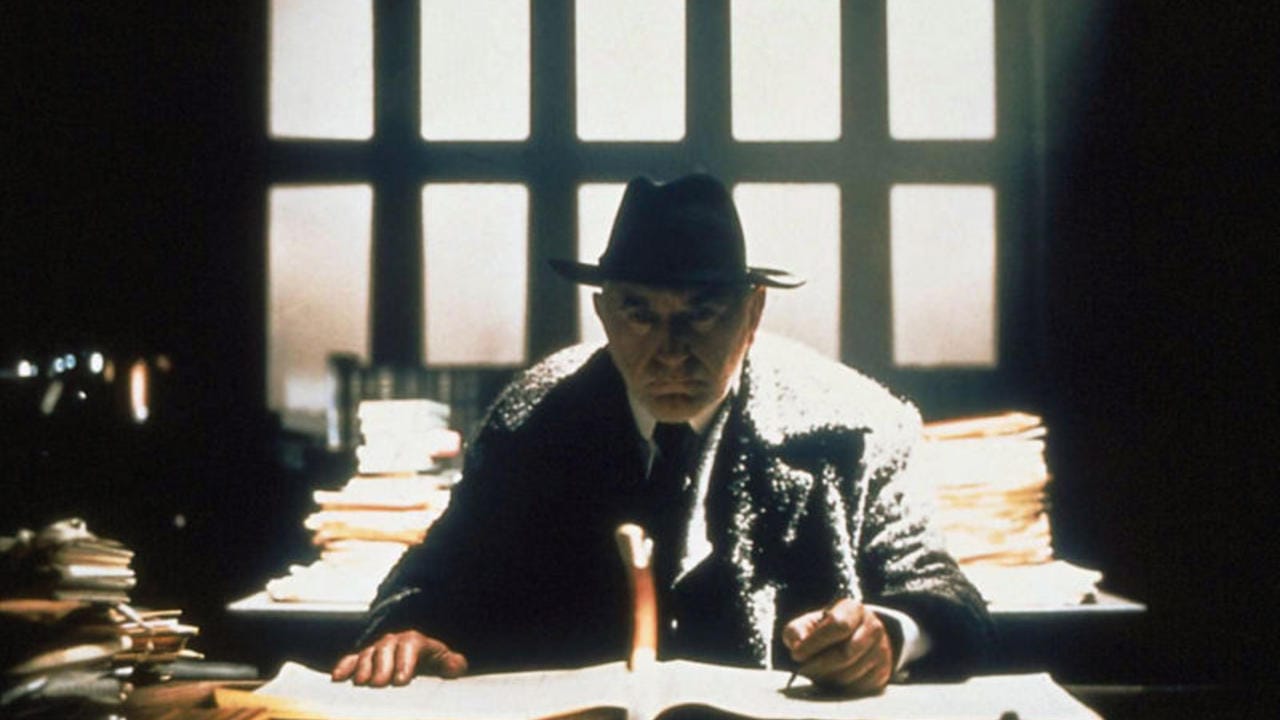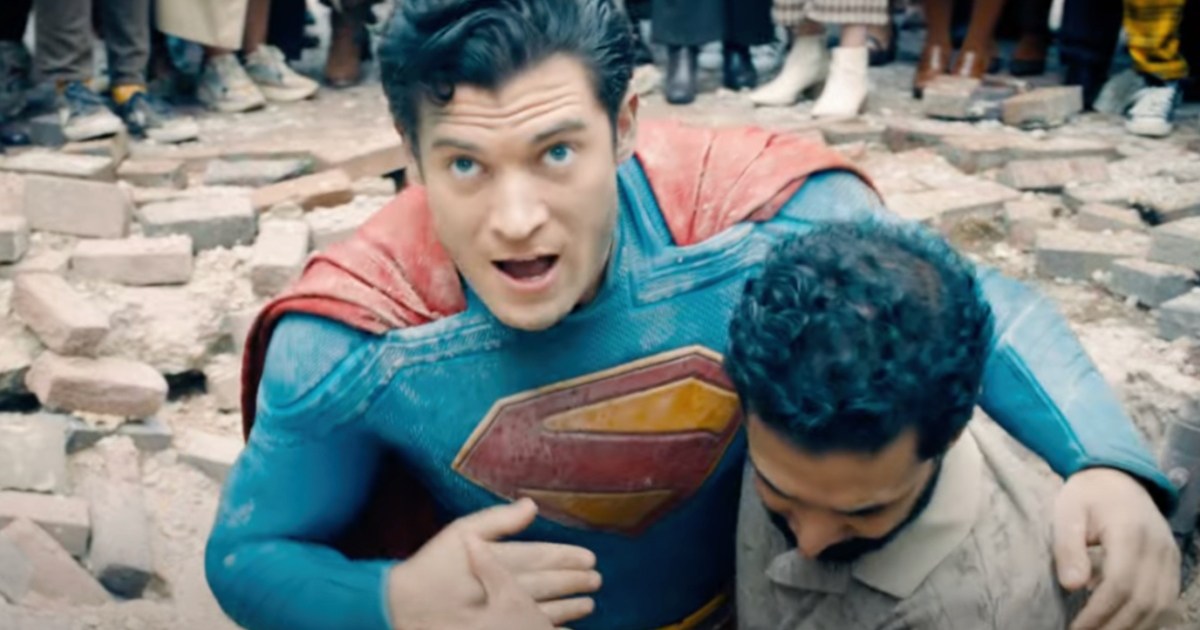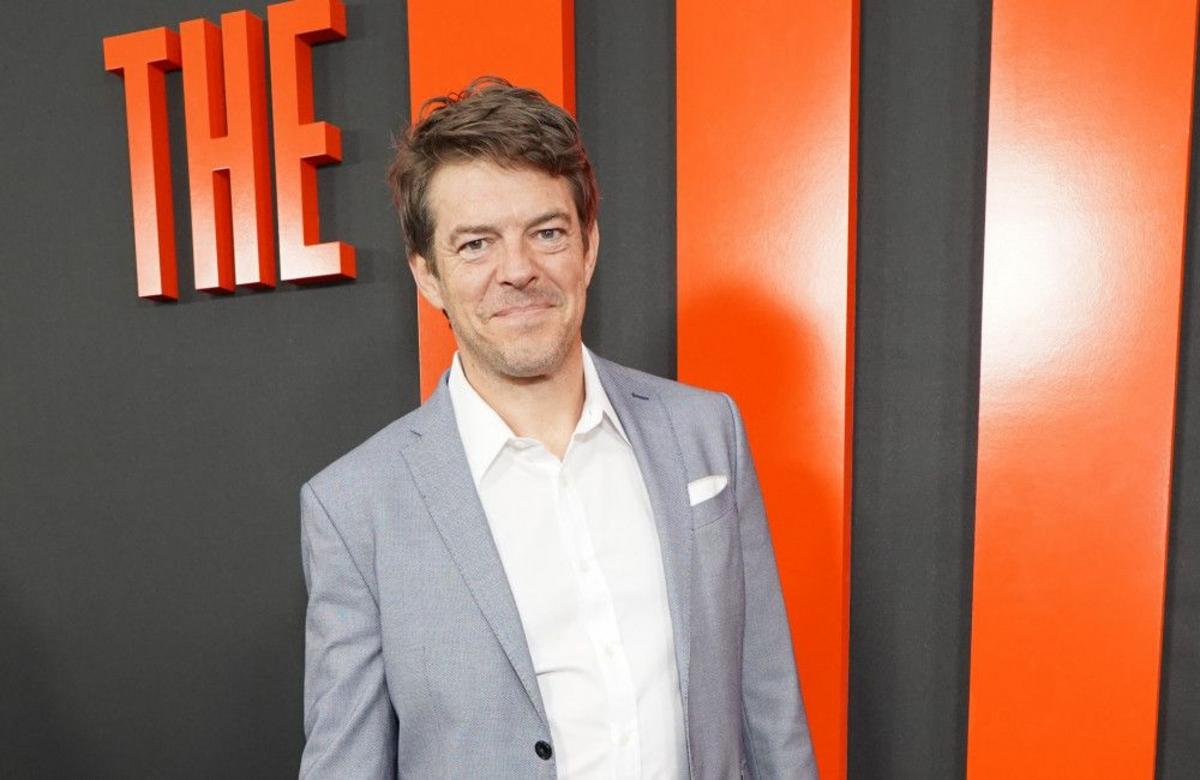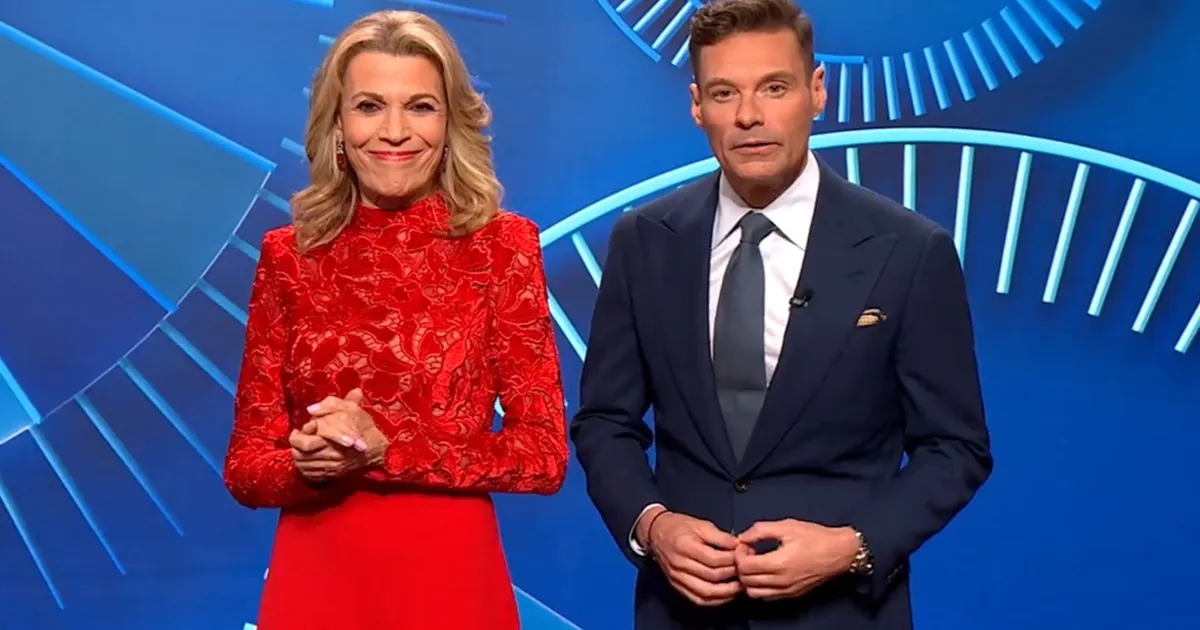Dutch filmmaker Mike van Dien’s period drama Character won the Oscar for Best Foreign Language film in 1998, but doesn’t get talked about nearly as much these days. A Dickensian tale of fathers and sons, wealth and poverty, and law and injustice, Character is a richly layered and detailed look at one person’s struggles to rise above their status and lot in life locked in constant battle with an influential tyrant who seems hellbent on sabotaging their progress at every turn. Now available on Blu-Ray from Sony Pictures Classics for the first time, Character is a film chock full of well delivered, familiar themes that’s due for rediscovery.
Based on a classic novel by Ferdinand Bordewijk and produced in part by noteworthy genre filmmaker Dick Maas (Amsterdamned), Character (Karakter) unfolds in 1920s era Rotterdam (and slightly beyond the decade, if you want to get technical about it). It’s a character drama that’s literally about a young man building character, so the title is nothing if not wholly appropriate. Dien opens his first feature effort in the aftermath of a bloody encounter. Recently sworn in lawyer Jacob Willem Katadreuffe (Fedja Van Huêt) confronts and berates feared and influential bailiff Arend Dreverhaven (prolific Dutch actor Jan Decleir, delivering a perfect performance), who’s widely known for evicting needy tenants on a whim and is called the “executioner of the poor.” Not long after leaving the bailiff’s offices in a bloodied, beaten state, Jacob is arrested for the murder of Dreverhaven. But although it will become clear that Jacob has plenty of motive for wanting the tyrannical lawman dead, the tale the young man spins to the police proves to be deeper than anyone expected.

The big reveal in Character comes about ten minutes into Dien’s film, so it’s not much of a spoiler to day that Jacob is Dreverhaven’s son, disowned by his father following an affair with a housekeeper of few words (played by Betty Schuurman). Jacob grows up with his taciturn mother, hovering around the poverty line. When an attempt to strike out on his own and leave his mother’s home as a young man leaves him in severe debt – via a shady bank that’s actually run and funded by Dreverhaven – Jacob starts to think the legal profession might be the right path. Thanks to his self taught English speaking and reading skills, Jacob sweet talks his way into a position as the aide to a top lawyer (a wonderful Victor Löw), and eventually towards going to law school and taking exams. Although he previously wanted nothing to do with his illegitimate son, Dreverhaven takes an interest and almost ghoulish glee in making Jacob’s path towards self-sufficiency and independence a living nightmare.
Character moves at a slow, but pleasurable pace, constantly enriching the story and the struggle. At times, Diem (who hasn’t made very much since) handles this adaptation like a calculating thriller, with a looming villain lurking around every turn and brandishing unchecked power. It’s a unique and atypical story of parental abuse that takes the form of a cat and mouse battle of wills and principals between estranged family members. Diem and co-writers Laurens Geels and Ruud van Megen examine psychological scars that will never heal, even after it seems like Jacob has emerged from his ordeals somewhat victorious, and the toll that it takes for a person to move past tremendous trauma. While the overall psychology of the film’s resolution might leave someone questioning the plausibility of the outcome, the rest of Character does an exceptional job of depicting a young man forged in fire, for better and for worse.
The bare bones Blu-Ray release does an exceptional job cleaning up the film for new generations, with some outstanding cinematography and richly detailed settings (which were captured across several different countries as Rotterdam no longer looks like it did in the 1920s) brought back to life. While it would’ve been nice to get a look at the longer 3-part miniseries version of Character that was made for television from the same exact material (some subplots including a romantic one feel very cut down), the film itself stands on its own. While it won the Best Foreign Language Film Oscar in a year that boasted some equally forgotten about nominees, it’s still more than worthy of preservation, filled with sentiments about a hardscrabble life that endure to this day.




